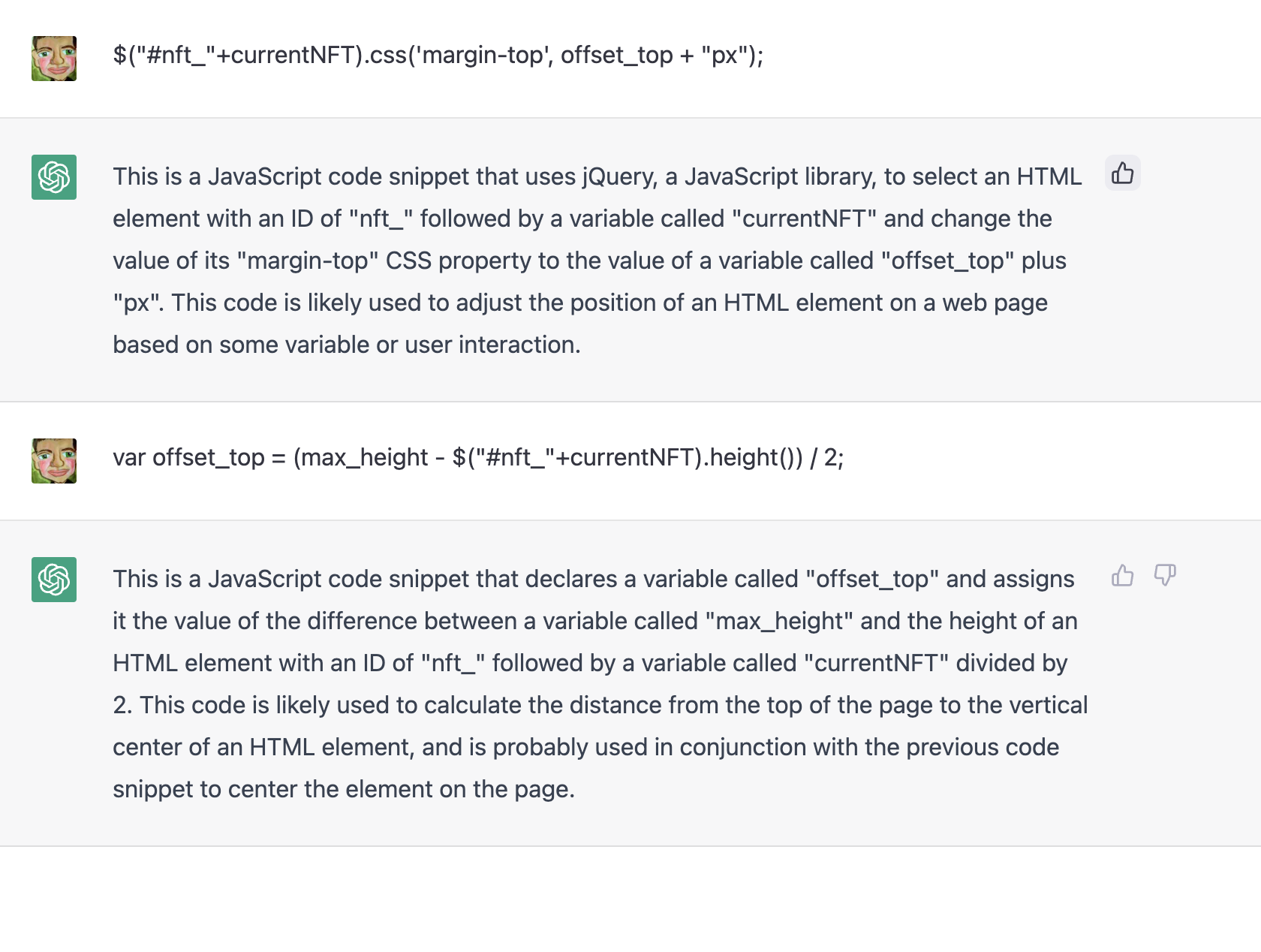The Cleanse
I’ve never done a cleanse. But many of my friends and family members have done them. There are various flavors of cleanses but the basic idea is you cut back your consumption of food and drink and replace it with mostly liquid nutrition for anywhere from a day to a month. I believe the most common lengths are in and around one week.
As I understand it, the theory behind the cleanse is it helps your body eliminate all sorts of toxins that build up over time from a poor diet and other unhealthy practices and allows you to reset. I’m told that people feel great when they complete the cleanse.
I like to think of what we’ve been going through in the tech sector/startup land/venture capital over the last year as a cleanse. Things had gotten so nutty, frothy, and out of control that we needed a reset. It was not just valuations that got out of whack, although they certainly did. Cost structures got out of whack. Compensation structures got out of whack. Company cultures got out of whack. Venture capital firms got out of whack.
Things just moved too fast, we lost track of what made sense, and focused on doing more than thinking. Everyone was reacting to everyone and everything. All of this hyperactive behavior was driven by fear of missing out and the idea that the path to success was more, more, more.
So now we have stopped eating all of that bad food and drink and are on a liquid diet of cost containment, extending runways, focusing on unit economics, getting back to deal sizes and valuations that make sense for the long run, and growing profitably.
The first few days of a cleanse are apparently unpleasant. And the last year of the tech downturn has also been unpleasant. Lots of people have lost good-paying jobs. VC portfolios have been marked down upwards of 50% and more. Stock prices of publicly traded tech companies are down between 30% and 80%. It has been hard for many people.
It is my view that we are entering the part of the cleanse where the body has adjusted and is starting to feel better. Everyone is starting to get comfortable in the new normal.
This cleanse is likely to continue for most, if not all, of 2023 but I think it gets easier from here. At least for most people who work in tech and startups.
And when it is over, sometime in the next twelve to eighteen months, possibly sooner, we should all feel a lot better. New technologies are emerging that provide a lot of opportunities to start and build new companies. The pool of talent that is sitting on the sidelines and available to work in these new companies is quite substantial. We are already seeing the seeds of all this being planted now.
For established companies that grew up in the go go years, my mindset is to survive the downturn and invest in new products and services that the market will want when things snap back. Many/most of the companies that I get to work with are doing just that. I think they will be rewarded for getting back to basics, building and shipping new things, and improving their products and services meaningfully during the downturn.
I’ve been through a few down cycles now that I am in my fifth decade in tech/startups/venture capital and while they are all a bit different, they all eventually end and those who survived, invested and built, and improved their market positions materially during the downturn have always been rewarded for that. I see no reason why that would not be the case this time as well.
